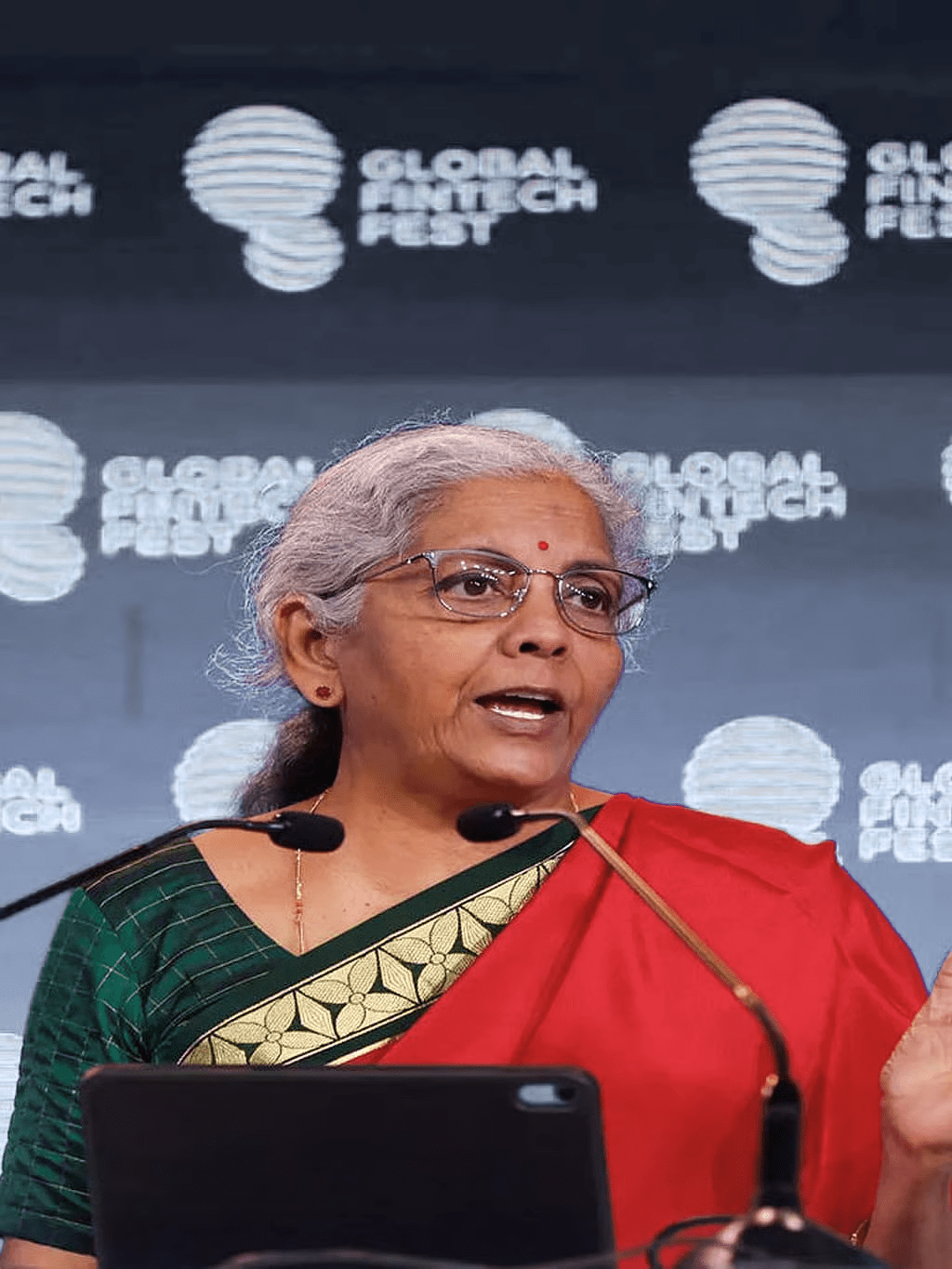Global Oversight Needed for Tokenized Currencies: Nirmala Sitharaman Calls for Unified Regulation
"Global oversight" Finance Minister Nirmala Sitharaman emphasizes the urgent need for global oversight and a coordinated regulatory framework for currency tokenization. Discover her stance, the importance of international cooperation, and the future of digital currencies in India and beyond.
Global Oversight Needed for the Tokenization of Currency: Nirmala Sitharaman’s Call for Action
In an era marked by rapid financial innovation, India’s Finance Minister Nirmala Sitharaman has become a prominent advocate for the global regulation of tokenized currencies and crypto assets. As the lines blur between traditional and digital finance, her call for “global oversight” has resonated across international forums, especially during India’s recent G20 presidency.
Why Global Oversight Matters
The tokenization of currency—whereby traditional money and assets are represented as digital tokens on blockchain and similar technologies—presents unique regulatory and security challenges. As digital currencies cross national borders with ease, any attempt by a single country to regulate them proves inadequate. Technology, Sitharaman points out, “doesn’t have any borders, it can just pass through.” For this reason, she argues, a global template and international consensus are essential to tackle the risks of money laundering, tax evasion, and systemic financial instability.
India’s Position: Technology Embraced, Risks Addressed
Sitharaman has consistently clarified that the Indian government is not against distributed ledger technology. Instead, her focus is on transparency in financial transactions, proper identification of transaction participants, and traceability of funds—vital steps for combating misuse without stifling beneficial advancements. Recent Indian policies include:
Applying TDS and TCS (Tax Deducted/Collected at Source) to crypto transactions for greater transparency.
Proposing that “virtual digital assets” be included in definitions of undisclosed income.
Global Oversight Needed for Tokenized Currencies
tightening tax accountability.
Reiterating that a currency is valid only if issued by a central bank, supporting the Reserve Bank of India’s roll-out of a Central Bank Digital Currency (CBDC) as a controlled instrument distinct from private crypto assets.
The G20 and Moving the Global Agenda Forward
During its G20 presidency, India placed crypto asset regulation high on the global agenda. Sitharaman coordinated with the IMF, OECD, and Financial Stability Board to produce in-depth discussions and papers on the regulatory future of digital assets. The goal was clear: foster a unified global approach that allows individual countries to tailor measures but within a macro, internationally coordinated framework.
“Bringing a regulation just within one country without a global understanding on a technology that does not brook any borders is not going to help… No single country would succeed.” — Nirmala Sitharaman
The G20’s eventual adoption of this stance, and its endorsement of a phased and consensus-based approach, marked a turning point. It recognized both the enormous growth of digital assets and their risks for emerging as well as developed economies.
Challenges & Tensions in Implementation
Despite international agreement on the need for oversight, several hurdles persist:
Divergent national approaches: While some countries, like the US in 2025, appear increasingly crypto-friendly, others remain cautious. This creates gaps that sophisticated traders and criminals can exploit.
Rapidly evolving technology: The emergence of decentralized finance (DeFi) and anonymous trading platforms makes effective oversight technically challenging.
Cross-border enforcement issues: Because digital assets are borderless, international cooperation among regulators, law enforcement, and financial institutions is crucial but complex.
The Way Ahead: From Consultation to Implementation
India is working on a consultation paper to gather feedback from stakeholders on practical regulations, including monitoring of exchanges, anti-money laundering measures, and reporting standards. Bans on non-compliant offshore platforms demonstrate India’s seriousness while encouraging legal businesses to register and comply with the Financial Intelligence Unit.
Meanwhile, experiments with the CBDC—India’s digital rupee—continue, with the RBI emphasizing its potential to reduce costs, boost transparency, and enable efficient cross-border payments.
Conclusion
Nirmala Sitharaman’s urgent call for global oversight in the tokenization of currency reflects not just India’s priorities but the world’s growing recognition of digital finance’s interconnectedness. With rapidly advancing technology, the risks of fragmented action are high. The solution, as Sitharaman and the G20 have urged, is collaboration: develop robust, adaptable rules that transcend individual economies and ensure the stability and security of the world’s financial system.
